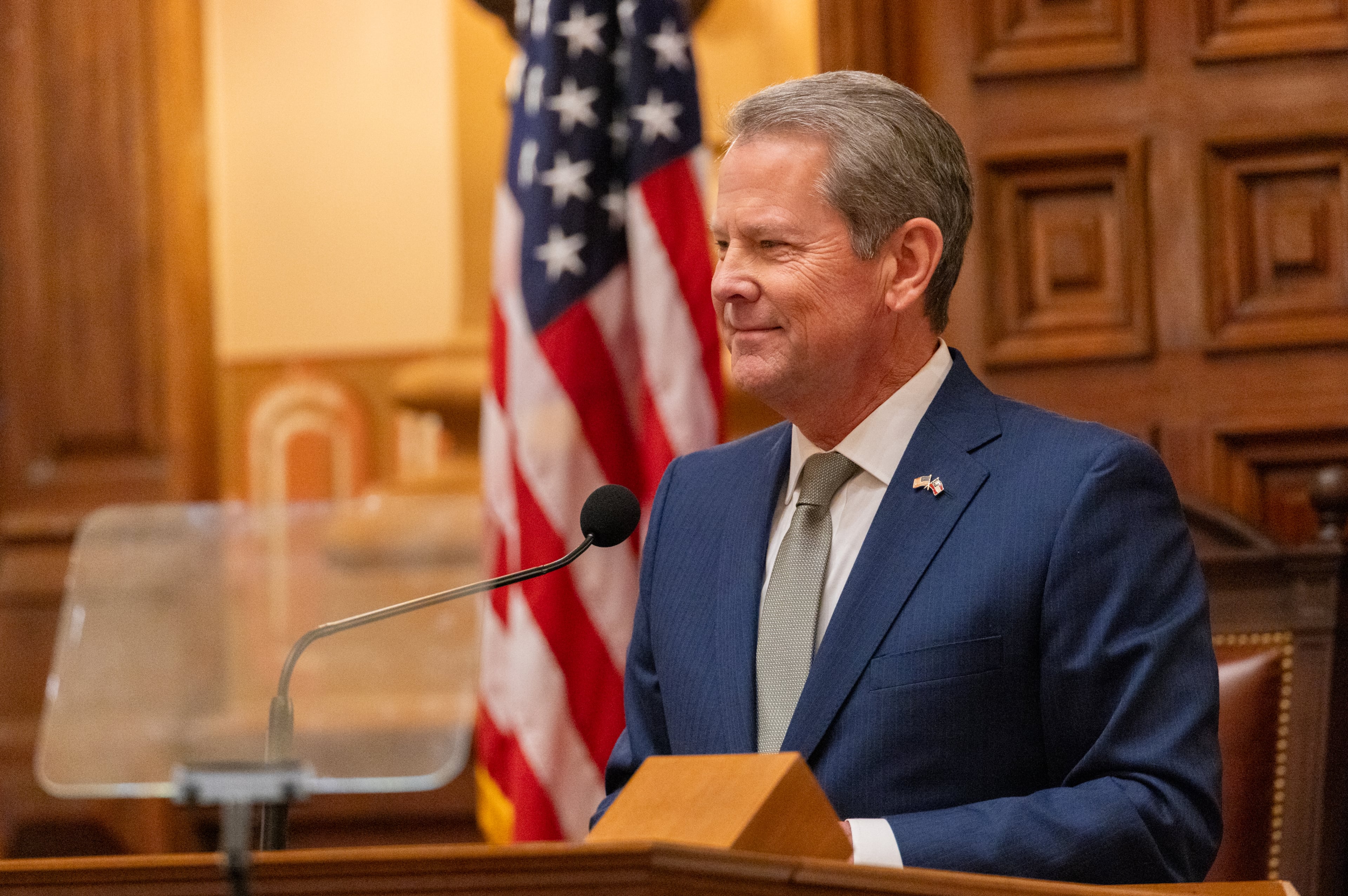Georgia gov regrets near-miss on water wars deal as court readies decision

The U.S. Supreme Court is set to issue a decision Wednesday on Georgia's water wars dispute with Florida, but that's not likely to end the decades-long dispute.
And Gov. Nathan Deal, in the final stretch of his second term, still regrets striking out on a broader compromise with the state’s neighbors that would have averted the costly legal battle.
Deal said he's optimistic the High Court will confirm a special master's findings that sided with Georgia. And he said that decision will "set a very good tone" for the other cases winding through the legal system.
More information: A tipping point in the water war?
But he lamented coming oh-so-close to an agreement with the Republican leaders of neighboring states – Bob Bentley in Alabama and Rick Scott in Florida - after secretive negotiations. Instead, Georgia is left with a legal bill that tops $30 million. Florida's is even larger.
“We hoped we would have reached an agreement,” Deal said. “We got very close at one point in time, and I regret that it didn’t happen.”
Deal and other state officials were long under a gag order and couldn't talk much about the negotiations. But with the Supreme Court's ruling nigh, Deal felt freer to talk about what held up the discussions.
More information: What to expect as the Supreme Court rules on Georgia’s water fight
“The main sticking point was some advisers for some of the governors of other states,” he said. “The governors came really close to agreeing but they had outside advisers who came in and stopped it.”
He continued:
"We got very close. But sometimes politics gets in the way, too. We had the advantage, at one point, when we were all three of us were early in their gubernatorial cycles. That would have been the time when we could have reached an agreement. I thought we were going to get it done, but we didn't. And I regret that."
The water dispute hasn’t played a prominent role in the race to succeed him, although Republicans Casey Cagle and Brian Kemp and Democrat Stacey Abrams have all cast themselves as sharp-edged negotiators.
Deal offered some advice for all three: Don't let federal lawmakers hash it out for them.
“These are tough issues and they are difficult for courts to decide. But they’re even more difficult for Congress to try to intervene and decide,” he said. “And hopefully Congress won’t try to take the issue into their hands, because I don’t think they’ll reach the same conclusions” as the courts.
He added: “The next administration will have to be vigilant.”

